There are plenty of reasons to love tabletop RPG’s: you get to go on the most amazing adventures with your friends, you can basically do anything your Games Master (GM) will allow (or attempt to anyway), and failure is just part of the story. These are the key ingredients that developers Ludogram translated beautifully into a digital world of their own making. To be clear: Worlds of Aria isn’t a digital adaptation of an existing TTRPG (tabletop role-playing game). It’s a world and a game system created by the developers of the game, taking inspiration from a myriad of physical games. That becomes immediately clear with the presentation. Your characters look like miniatures from a board game, and you have to actively pick them up and place them where you want them to be. Other characters will appear on screen as cardboard cutouts, who will be moved around in the same way.
Every setting in the game looks like it could have been made by an eager GM for your group’s latest Dungeons & Dragons session, which gives Worlds of Aria an immediate charm. Despite being a digital game, everything in it feels particularly analogue. It’s almost like you could reach into your screen and actually pick up your character, move it around on the table, and knock over some enemies. It reminds me of people playing their games on Tabletop Simulator rather than trying digital versions of board games because the tactile element is important to the player. And, just like Baladins, which was released earlier this year, this game succeeds so well on that part. There are more aspects of the game’s presentation that stand out, however. Each act of a story is introduced by your GM, who is voiced by the incredible Laura Bailey. The music always fits the setting you’re in, with subtle audio cues also adding to the ambiance. I’m pretty lucky to have an excellent GM in my real-life Dungeons & Dragons sessions, and just everything about the way Worlds of Aria creates its moods reminds me of the effort he puts into dragging his players into his world.
While I could keep gushing about the visuals and sound of this game, I haven’t even gotten to the best parts yet. First, there are a pretty big number of characters to choose from to set up your party, as you always have four characters traversing the game’s world. If you’re playing solo, the other characters will be controlled by CPU, but, just like with actual TTRPG’s, this game is all about playing it with friends. And, ingenuously, you only need one copy of the game to be able to play it co-op! Worlds of Aria comes with a Friends Pass, which is just a brilliant idea that will probably never be copied by bigger games because money is a thing that exists, but I digress. Why is it so much fun to play with your friends? Because it’s a game all about decisions. Yes, there is combat, and yes, you’ll be running around the worlds of Aria a lot, but all of that gameplay boils down to choosing one of a number of options. The real fun begins when the players start to have different opinions on what to do next. Especially since many of your decisions will trigger a skill check. These skills, like intelligence, stealth, or strength, all have different scores depending on your character. They can be upgraded—and you will need to upgrade them—by accomplishing certain missions, but basically each skill check sees you roll a d100, with its total needing to be lower than your skill score to be a success.
So you might have one friend who just doesn’t want to choose the same option as the rest of the team, only for them to then maybe completely fail their dice roll. And with critical fails also being a thing, there’s plenty of hilarity to ensue. Failure being a prominent part of gameplay is another fantastic nod to the game’s tabletop inspirations. Whether you fail or succeed in your rolls, the story barges on, and you will suffer consequences. Luckily, each character has its own special power, which allows you to influence your dice rolls a little. But if I need to be a little critical of any of the game’s aspects, it should be here. Your ability scores are all percentages, and at the start of the game, most of them are anywhere between 15% and 30%. That means that, early on, your dice rolls need to be lower than that. Statistically speaking, needing to roll that low on a d100 is pretty tough. This influences gameplay, as you have to use your special power a lot more than you might want to. It’s a balancing act that feels a little difficult to figure out at the start of the game, although it gets better as it goes on.
I’m pretty lucky to have an excellent GM in my real-life Dungeons & Dragons sessions, and just everything about the way Worlds of Aria creates its moods reminds me of the effort he puts into dragging his players into his world.
You might have noticed I haven’t touched on any of the stories within the game yet. These are supposed to be the defining part of any good RPG, and that’s why I’m keeping everything extremely vague. Because the writing in Worlds of Aria is simply brilliant, and I don’t want to spoil any part of it. If you like fantasy and the whimsical nature of Dungeons & Dragons, mixed with heartfelt moments and exciting set pieces, this is one of the best games you could pick up this year. Something I really appreciate as well is that the game doesn’t demand all of your time. It really lends itself to whichever way you want to play: fancy an afternoon or evening filled with adventure? You’ve got it. Only have time for a quick act or two? That works perfectly as well. Each act is part of a bigger story, but has its own missions to accomplish, and the end of each one gives you time and space to upgrade your character and choose your loadout for the next one.
Worlds of Aria takes the best from tabletop RPG’s and somehow recreates that magic in a digital form. Its characters are interesting to get to grips with, its stories—with their twists and turns—are engaging, its world is magical, its writing is witty, and its gameplay is just pure fun. As a solo game, it works wonderfully well, but its true colours come out when playing with friends. So if you’re struggling to find a date for your next DnD session, maybe try an online hangout while playing this. It really is the next best thing.
Release date: September 24th, 2024
Platforms: pc, Xbox Series X and S, PlayStation 5, Switch
Price: £12.79
Version tested: PC
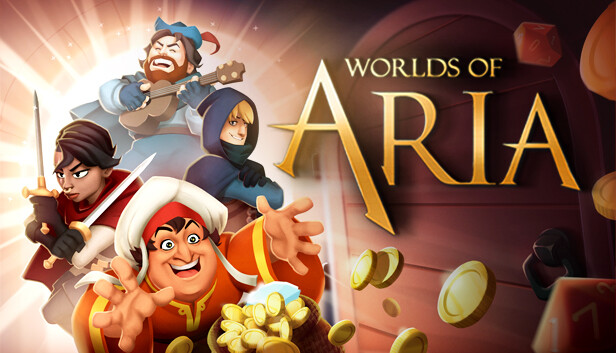
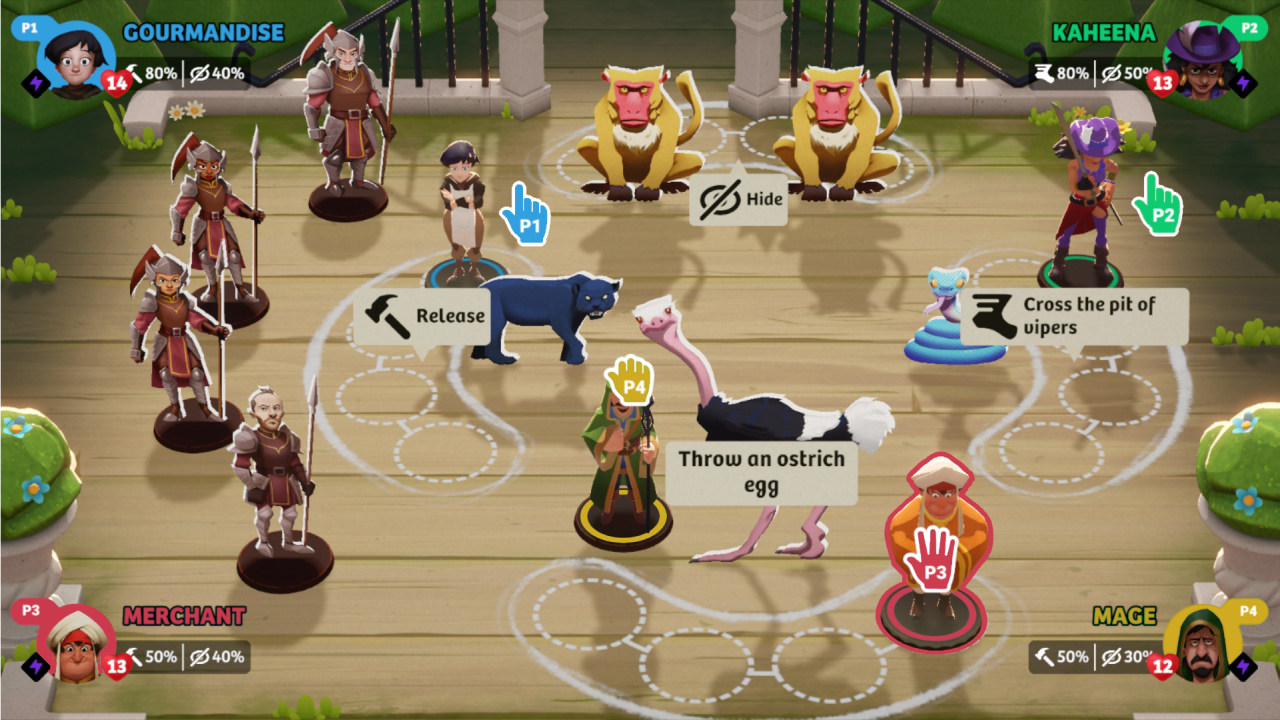
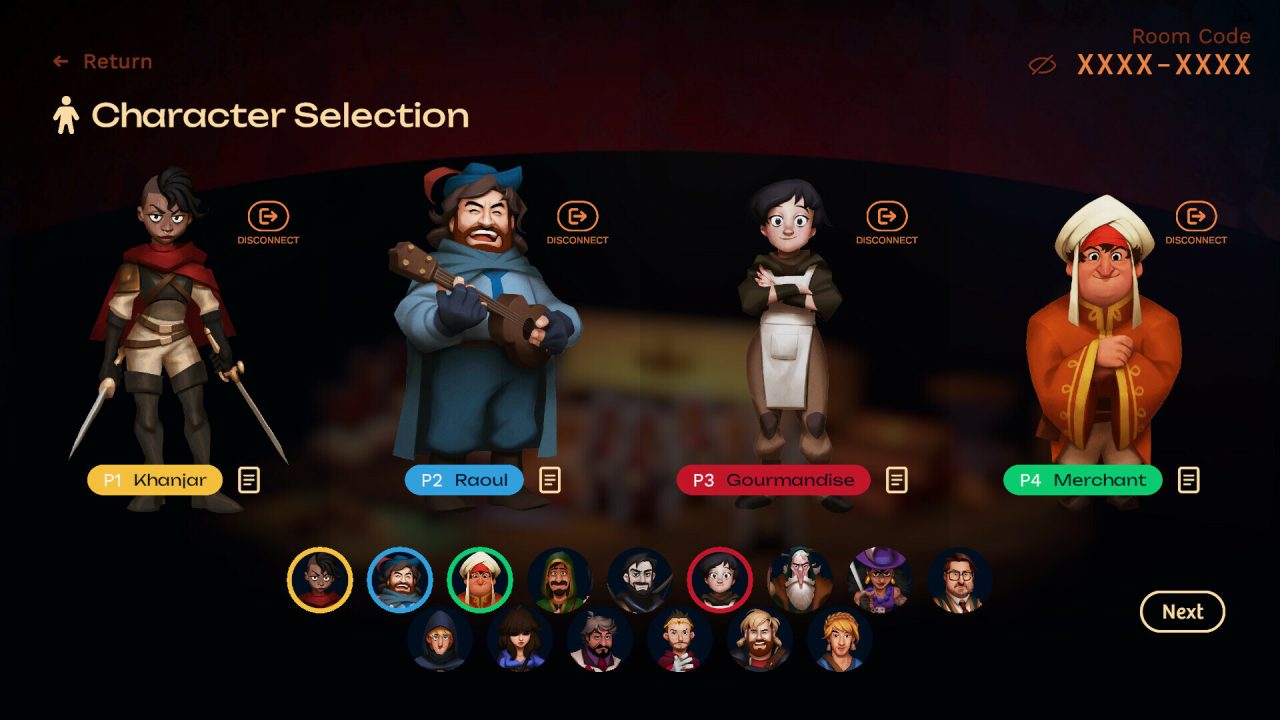
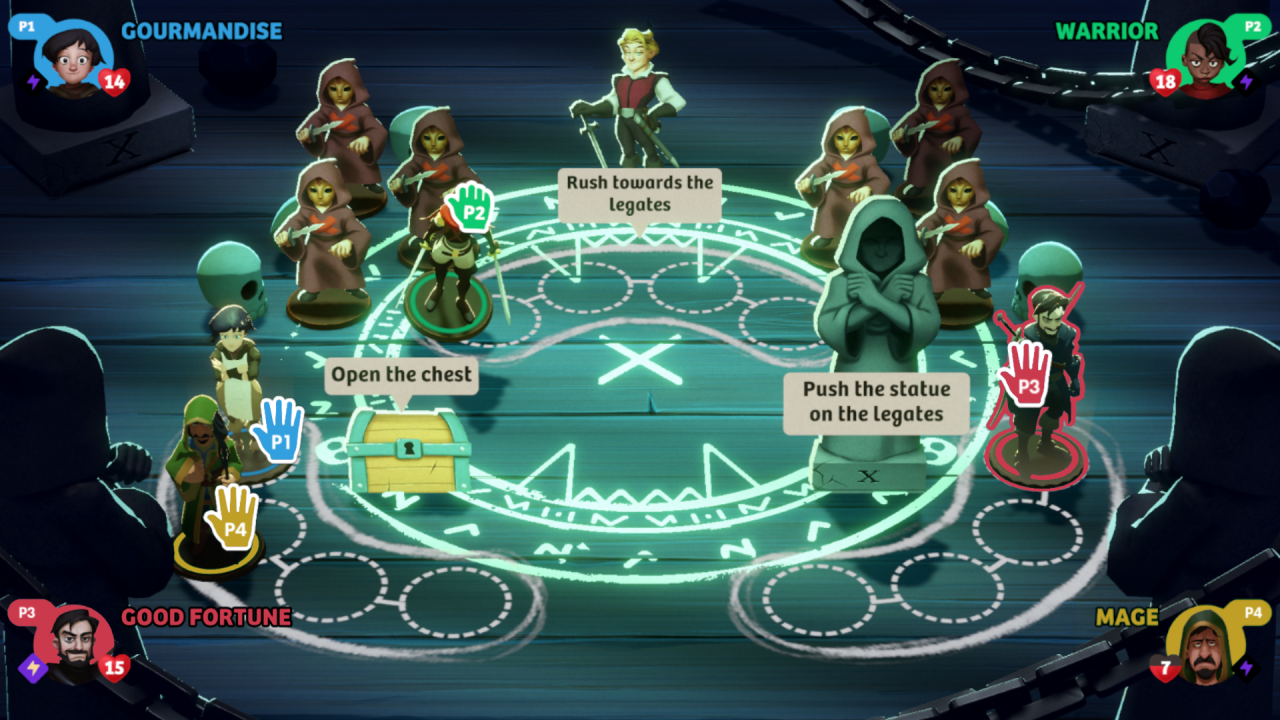
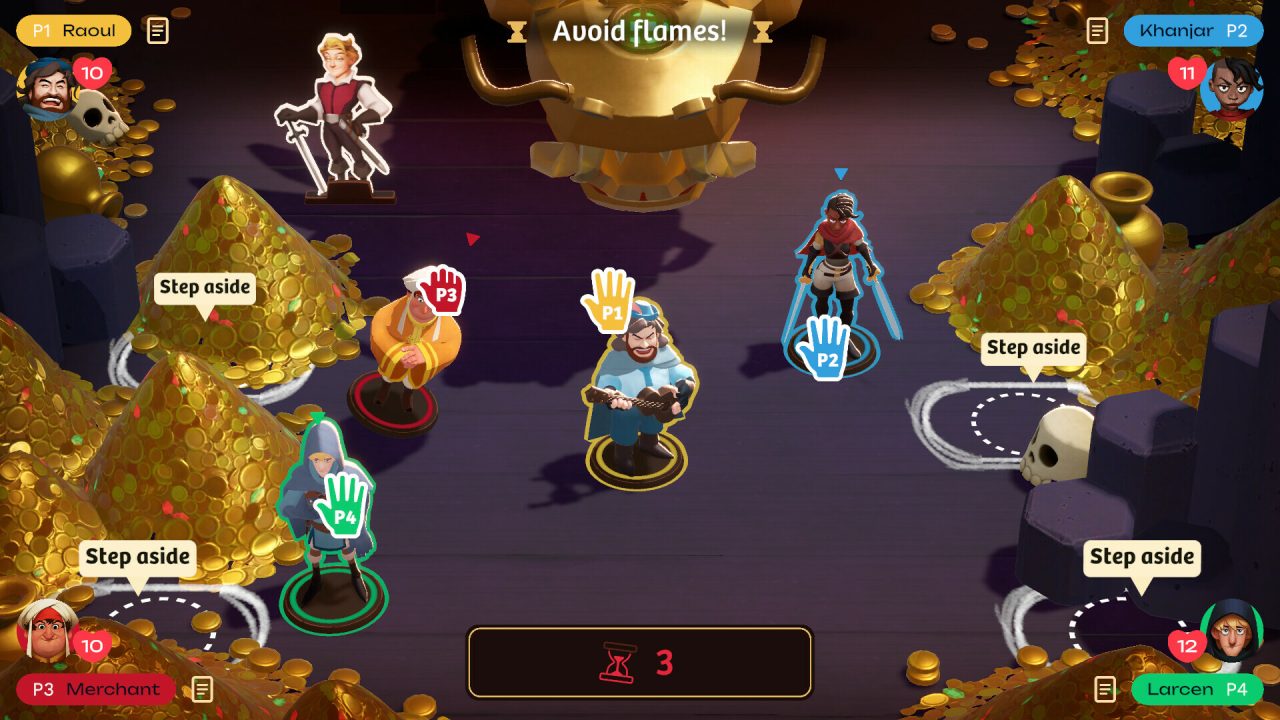
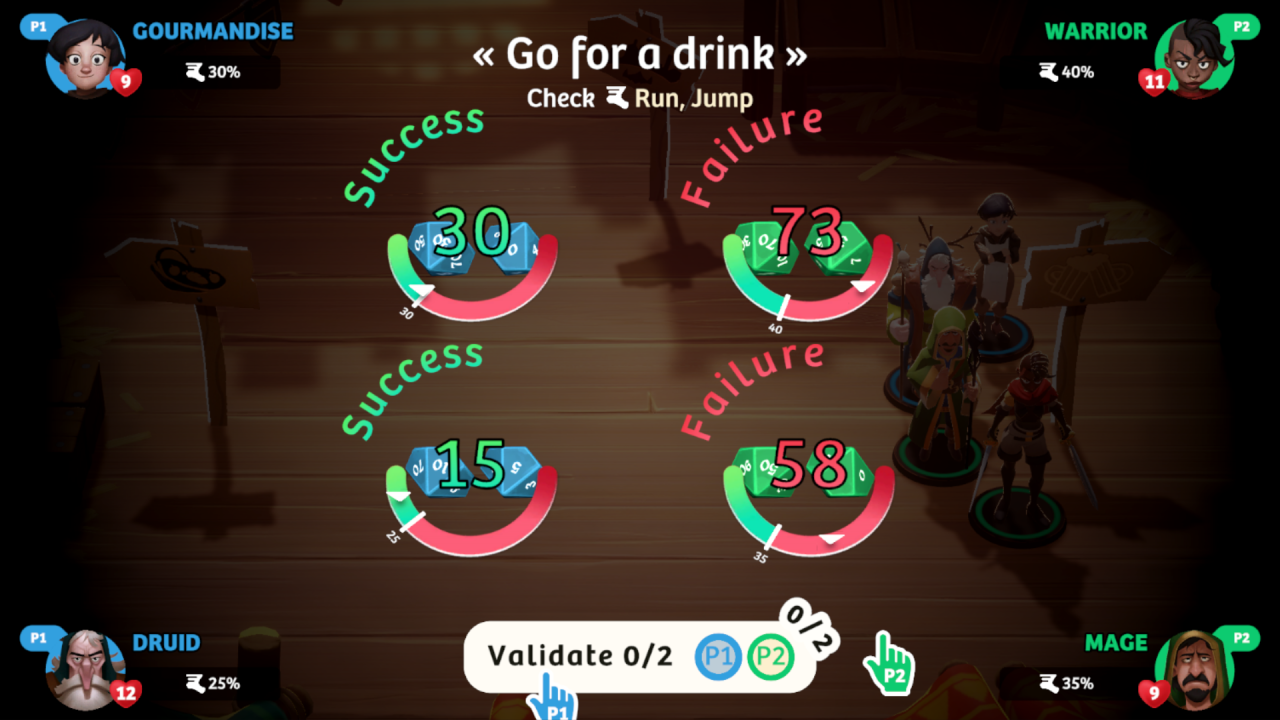
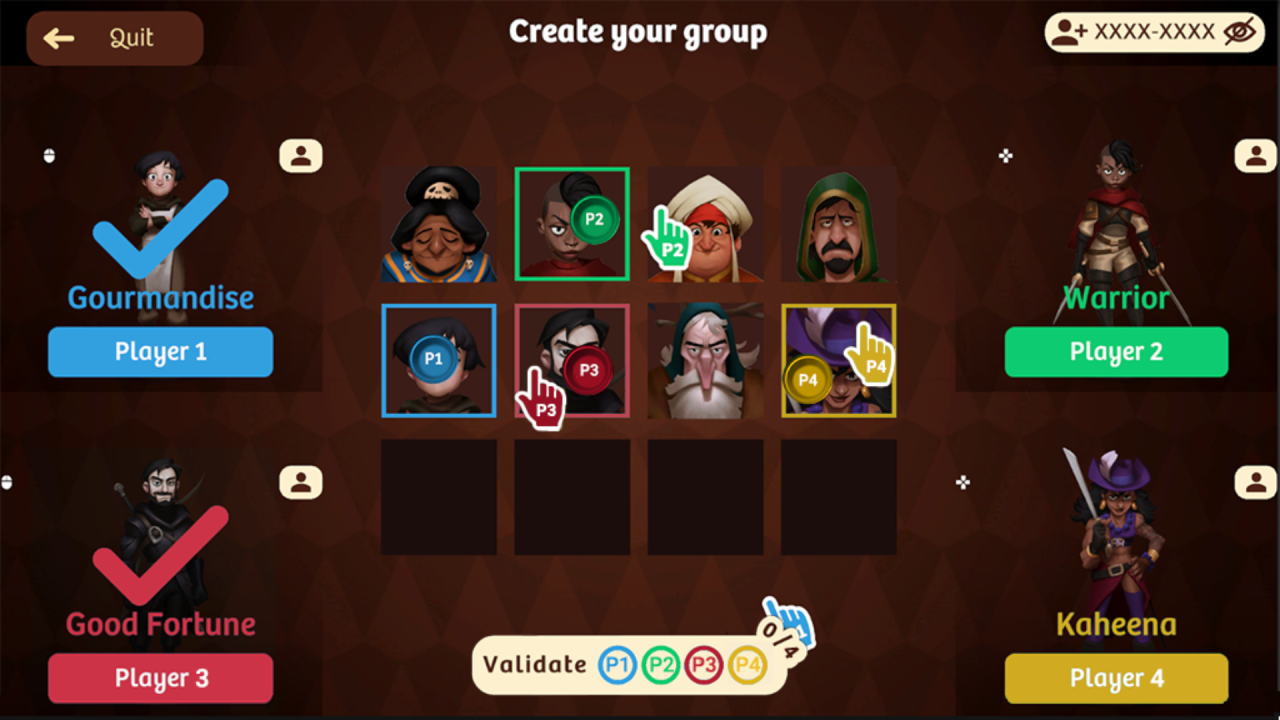
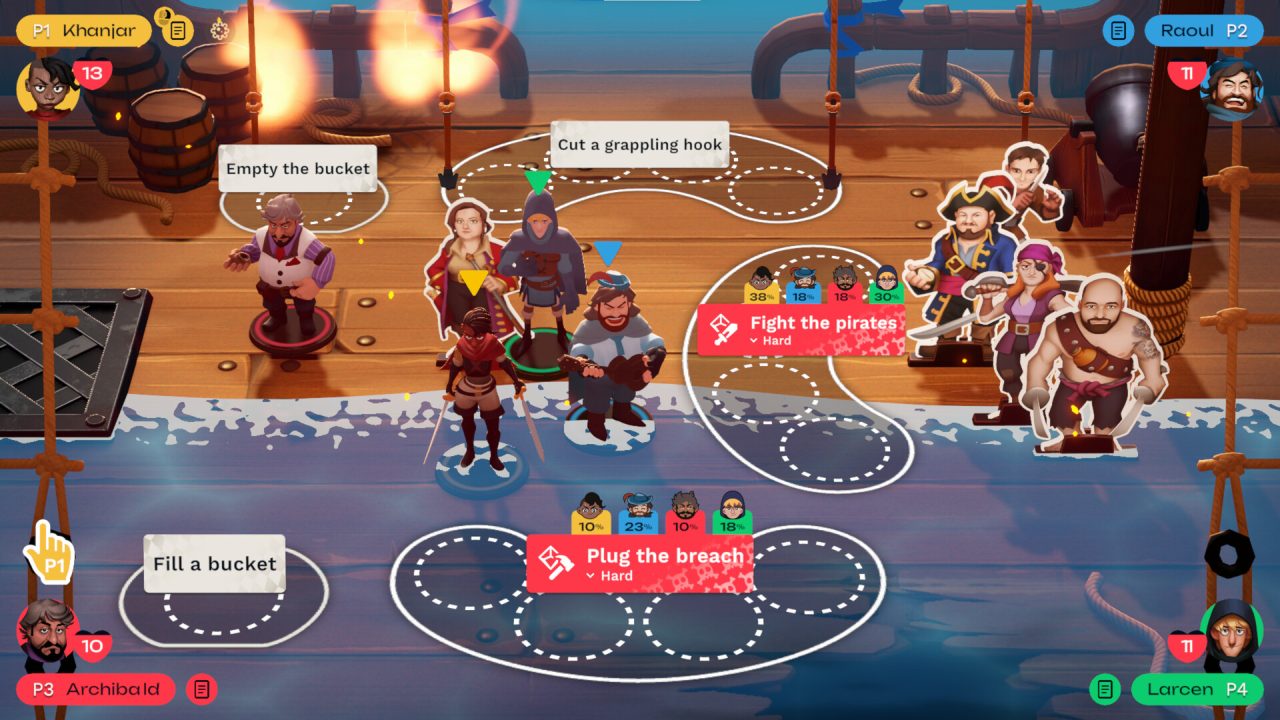
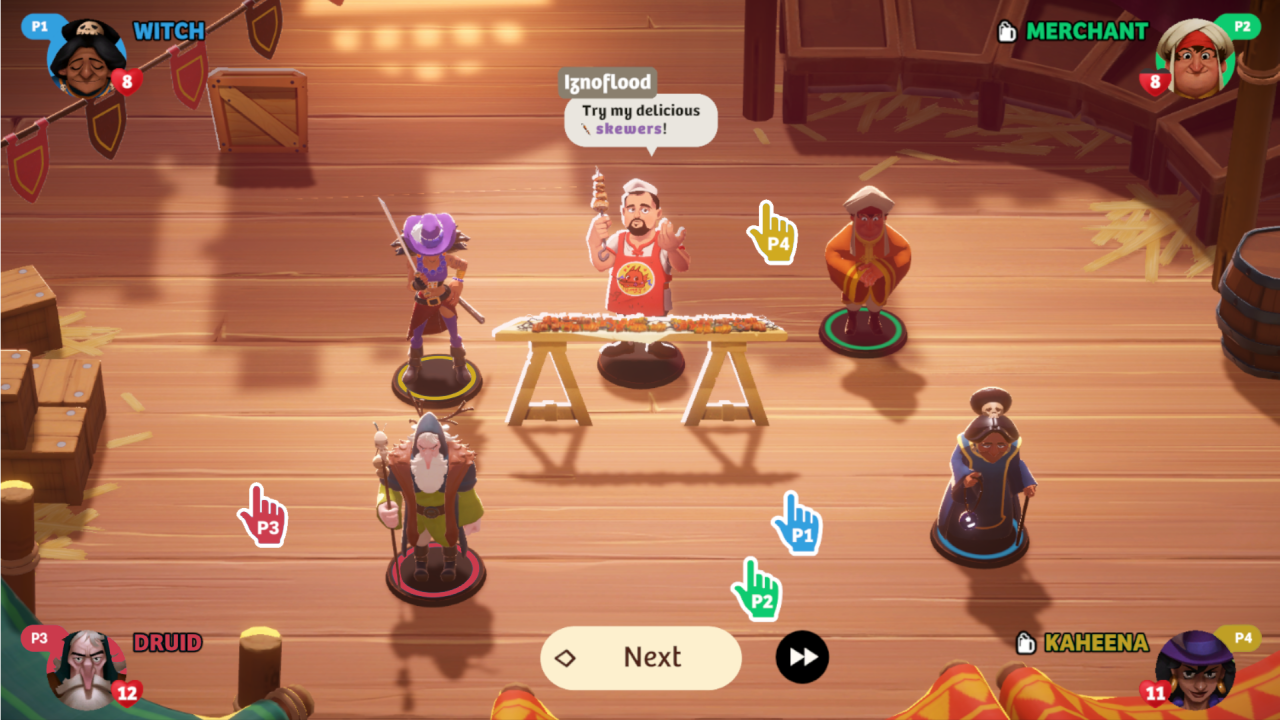
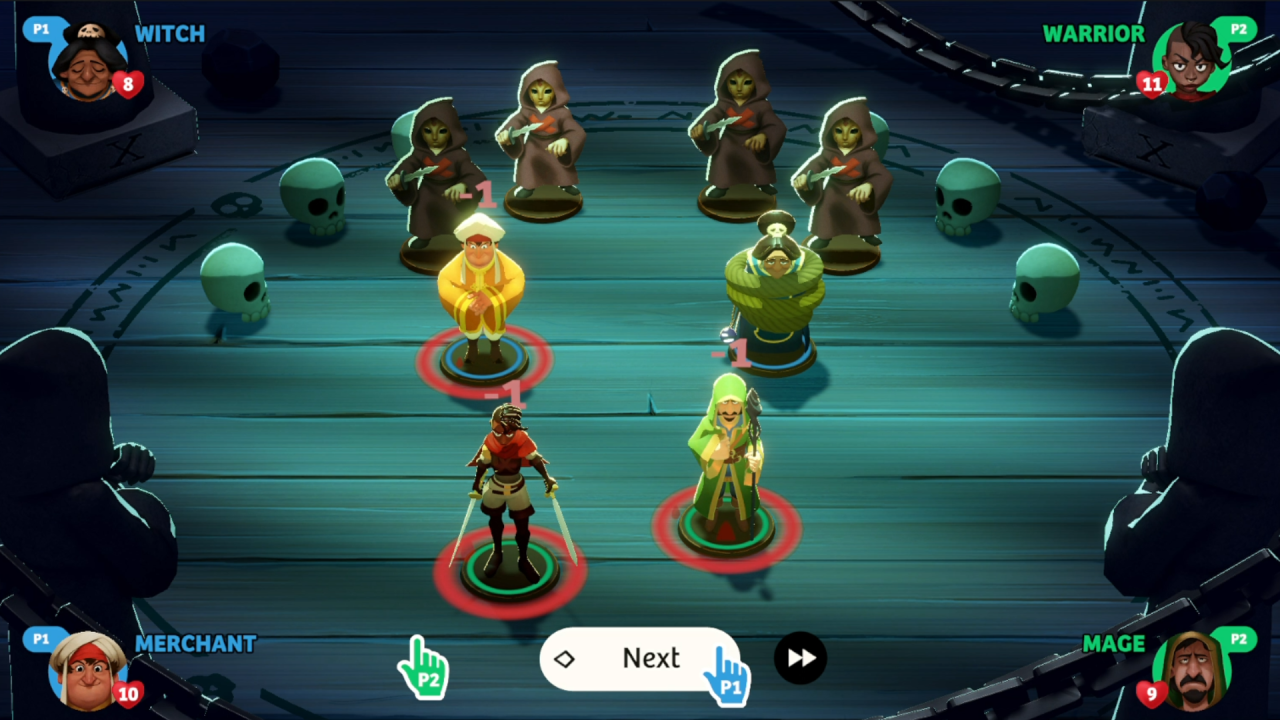
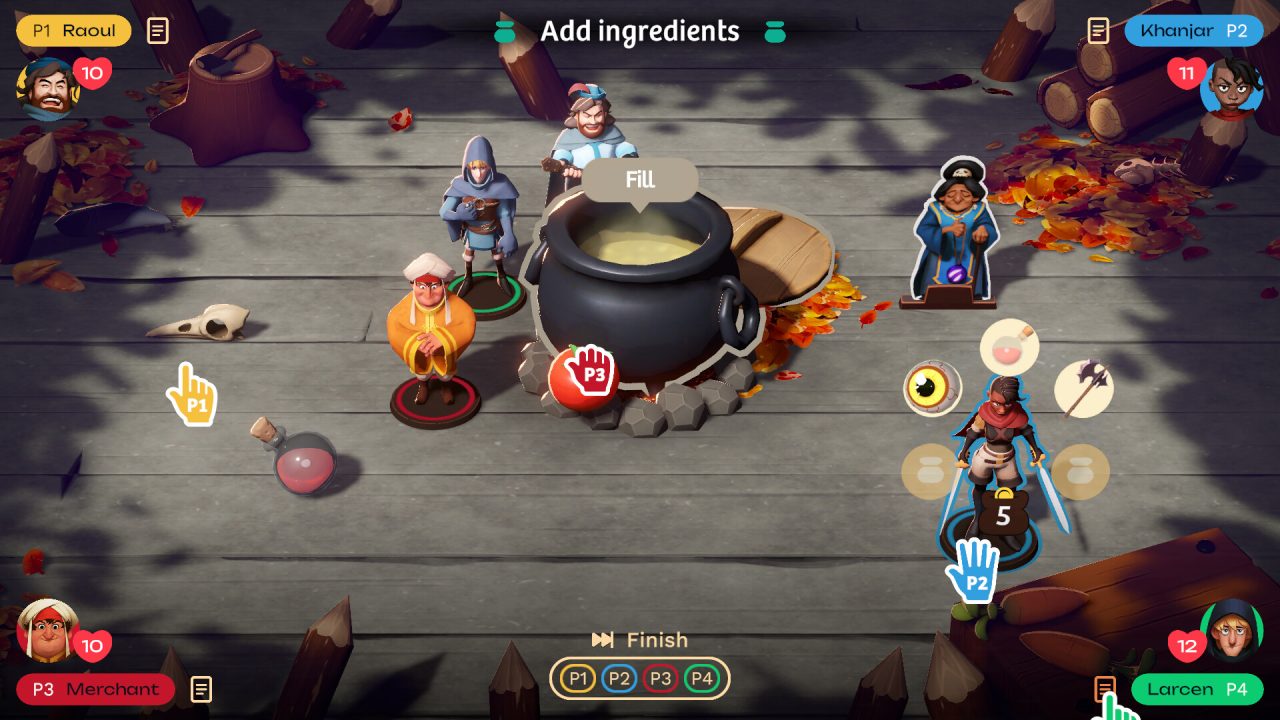
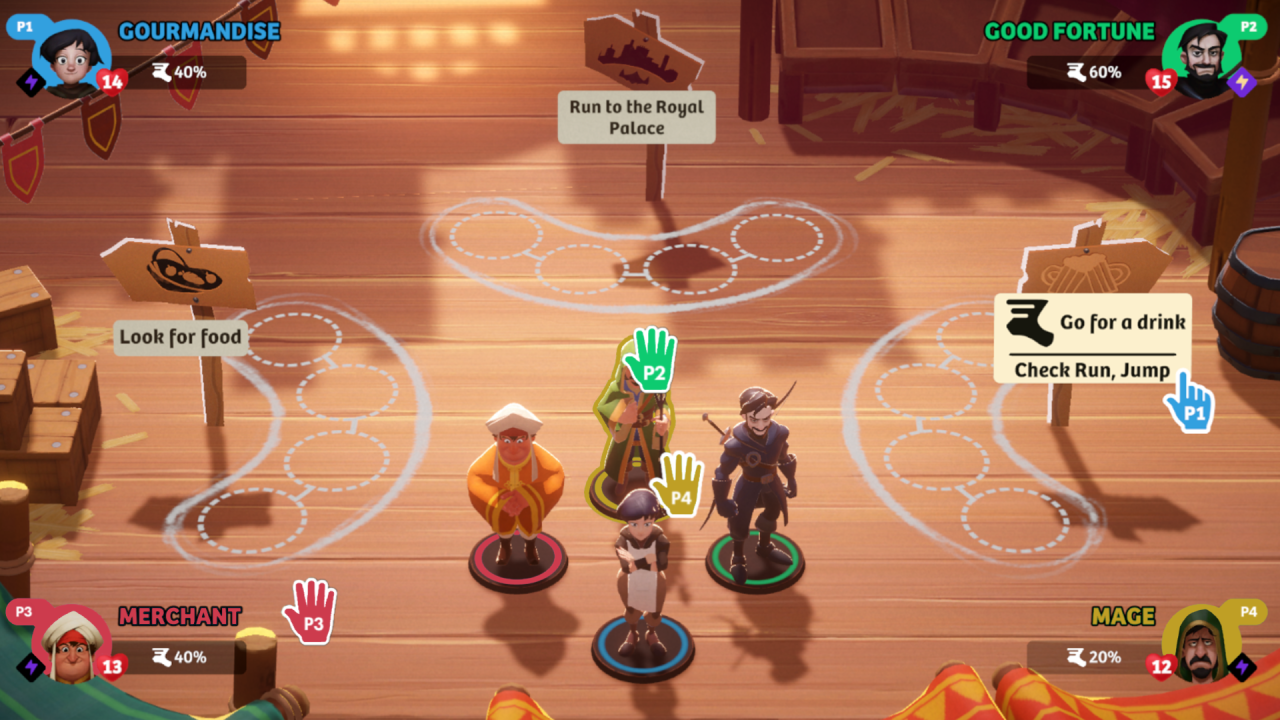
Comments
⚠️ Comments for this post are closed ⚠️